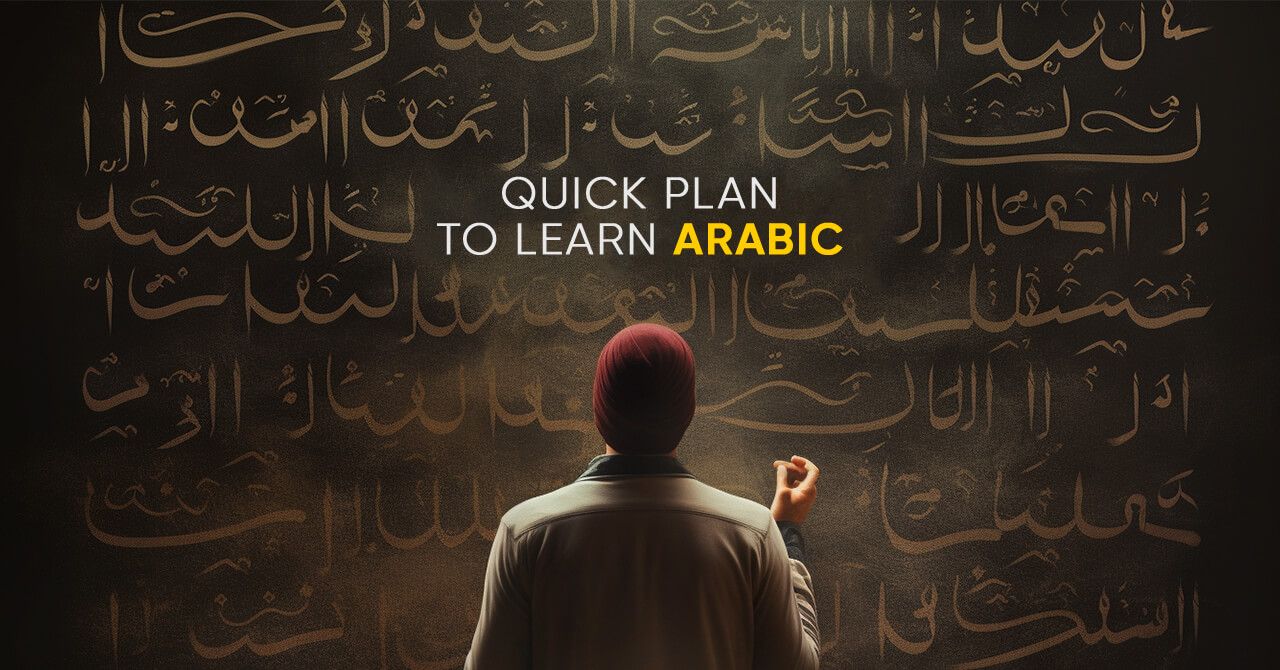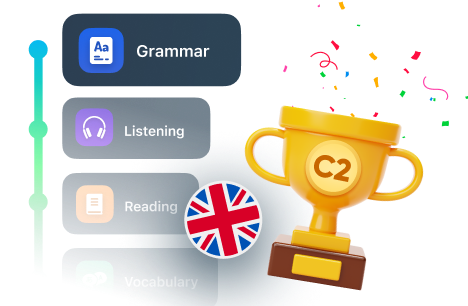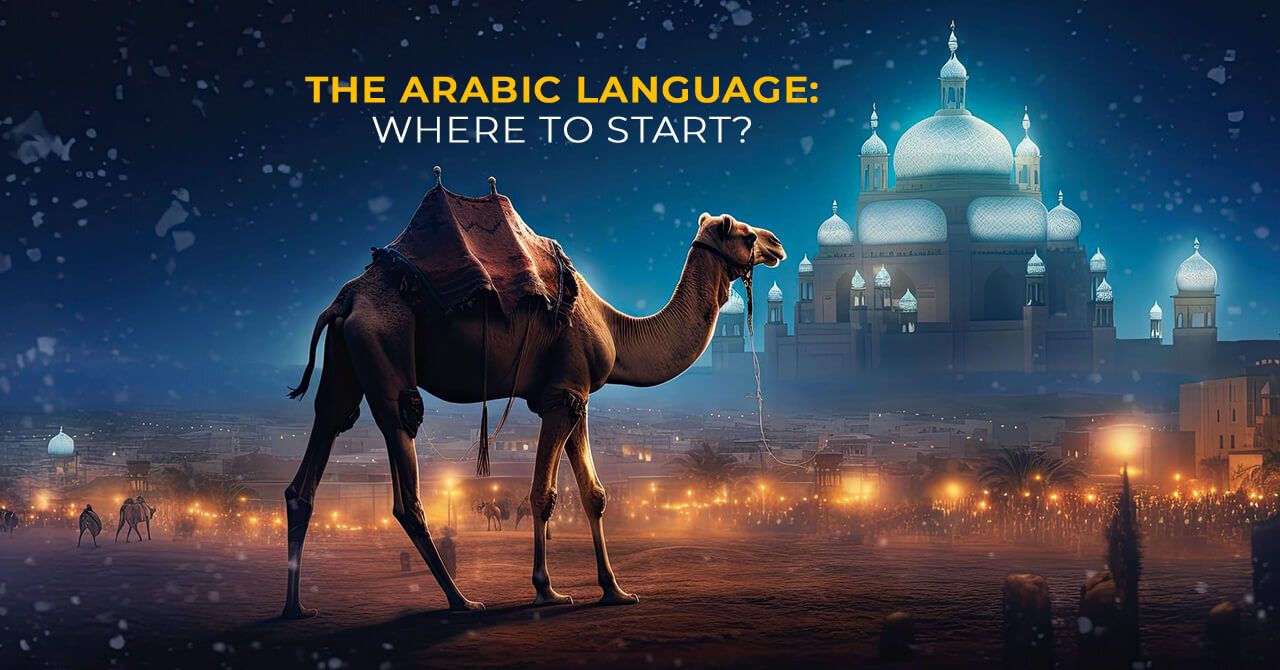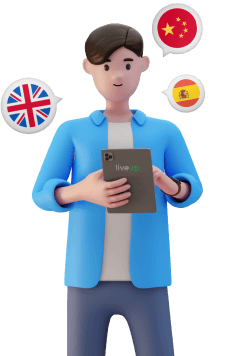
Quick Learning Plan to Master the Arabic Language

Get a FREE guide!
Want to sound like a native English speaker?
Get our free PDF with top tips that work.

Check your email!
I have a really great idea for learning Arabic quickly in a short amount of time. Similar to English, grammar and vocabulary are also important in Arabic. If you want to make quick progress in Arabic, especially as a beginner, you should structure your Arabic learning into five sections:
- In the first section, you must learn the basics of Arabic to be able to read any type of Arabic text anywhere.
- In the second section, you should learn the grammar of Arabic, but focus on Level 1 to avoid confusion.
- In the third section, learn Arabic dialogues for practical use in various situations.
- For the fourth section, focus on learning at least five sentences used in everyday conversation.
- In the fifth section, apply Arabic speaking in your daily life, as practice is essential for improvement.
By following this structure, you will cover a wide range of topics and become more confident.
The main thing is to talk with everyone in Arabic, adopting the habit of speaking Arabic. It is a really beautiful language and one of the most demanding languages.
The basics of Arabic are similar to English; in any proper sentence, we must add a noun or pronoun, verb, and particle. For example, “he is going to school” has “he” as a pronoun, “is going” as a verb, and “to” as a particle. Similarly, in Arabic, a sentence has these three main components called issam, fail, and harf. For instance, “ana azhabu ilal masjid,” where “ana” is a pronoun, “azhabu” is a verb, and “ilaa” is a particle.
Learning step by step, you can gradually acquire more knowledge. Another example is the use of “hazaa” in Arabic, which is used for singular things, especially those near you and masculine, like “hazaa rajulun” (this is “a man”) or “hazaa kitabun” (this is “a book”).
Similarly, learn five common sentences every day, such as “I know,” which in Arabic is “ana a’alam,” or “I don’t know,” meaning “laa a’alam.” “Don’t worry” translates to “laa taqlaq,” “maa” is used for “what” in Arabic, “mann” for “who,” and “mazaa” is also used for “what.” Each language becomes easy to learn if you genuinely want to master it.


















